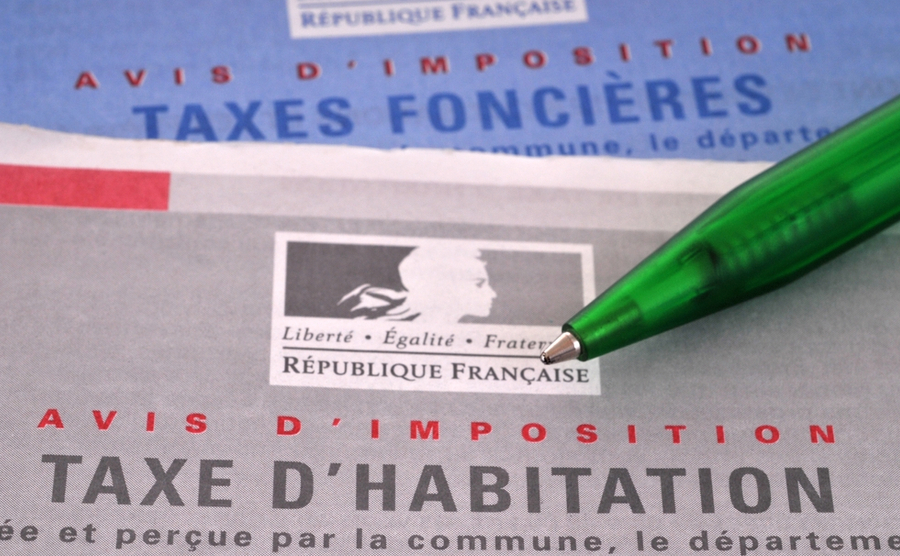Certain parts of the press have been full of outrage over, as the Daily Mail put it: “Macron destroying the dream of owning a holiday home in France”. So, how worried should you be about increases to France’s second homes tax?
This year was significant for homeowners in France. Tax Habitation, (the housing tax), one of the two French property taxes, was finally abolished for all ‘primary residences’, i.e. the home that they live in most of the time, after years of reductions. However, it was retained and is being increased for second homes in certain areas.
The objective is to save money for those who simply live in their own home, and shift more of the tax burden to those with holiday homes or investment property, such as ‘buy to lets’.

Changes to France’s second hoimes tax (RVillalon / Shutterstock.com)
More communes to pay surcharge
Hence from next year the tax will be raised by a minimum of 7.1% for second homes. However, that’s not all. On top of that, local councils in the more popular tourist areas are allowed to add a surcharge of between five and 60%.
Find homes in France via our property portal.
The surcharge used to be limited to communes only with a population of over 50,000 (just over 1,000 communes) but will now apply to as many as 2,600 more areas, including in rural areas popular with international buyers.
Given that the tax last year averaged €772 for a house and €941 for a flat, this could add up to hundreds more per year.
Coming on top of the fact that non-resident Brits are now limited to only 90 days in every 180 in their holiday home, there have been vociferous complaints among the 85,000 or so who own a holiday home there.
Why are France’s second home taxes increasing?
Like many governments around the world (including those in the UK), President Macron’s government sees a way to help local taxpayers during a cost-of-living crisis, at the expense of a popular target – second home owners.
However, it is worth noting that the domestic French market will be just as affected by the tax rises – this is not specifically targeting overseas buyers (in a way that some other countries are doing).
Second homes also attract wealth tax if they add up to property assets of over €800,000. Again, if you do not live in the home as your primary residence there is a wealth tax of between 0.5 and 1.5%. Moreover, when you sell the property you will pay 19% capital gains tax on any rise in value.
However, comparing this to some other countries it does not sound so draconian. The Welsh government is proposing a 300% second homes tax, while in large parts of Canada, Australia and New Zealand foreigners are not allowed to buy at all.
Signing the Declaration d’Occupation
Because the government has to ascertain owners’ use of the property, a new tax declaration was introduced, the Declaration d’Occupation. On this you have to declare if the property is a primary residence, secondary residence or is empty, and pay the relevant tax.
Filling this in therefore became a requirement for people who do not typically submit a French tax declaration, including non-resident, second-home owners from abroad.
Lack of clarity
There is still confusion and concern over the potential increases that will be further applied on this property tax.
Things are expected to become clearer in the coming months, as bills are issued to the relevant homeowners. However, it is worth remembering that whilst tax increases are rarely welcome, this is certainly not a “new” tax. In fact all French homeowners, whether primary or secondary have historically had to previously pay it depending on their personal financial situation.
You can find much more about taxes on primary and secondary homes on the official French website here.
Keep checking back and we will let you know of any changes, as they happen. You should also sign up for webinars and events at Your Overseas Home.










